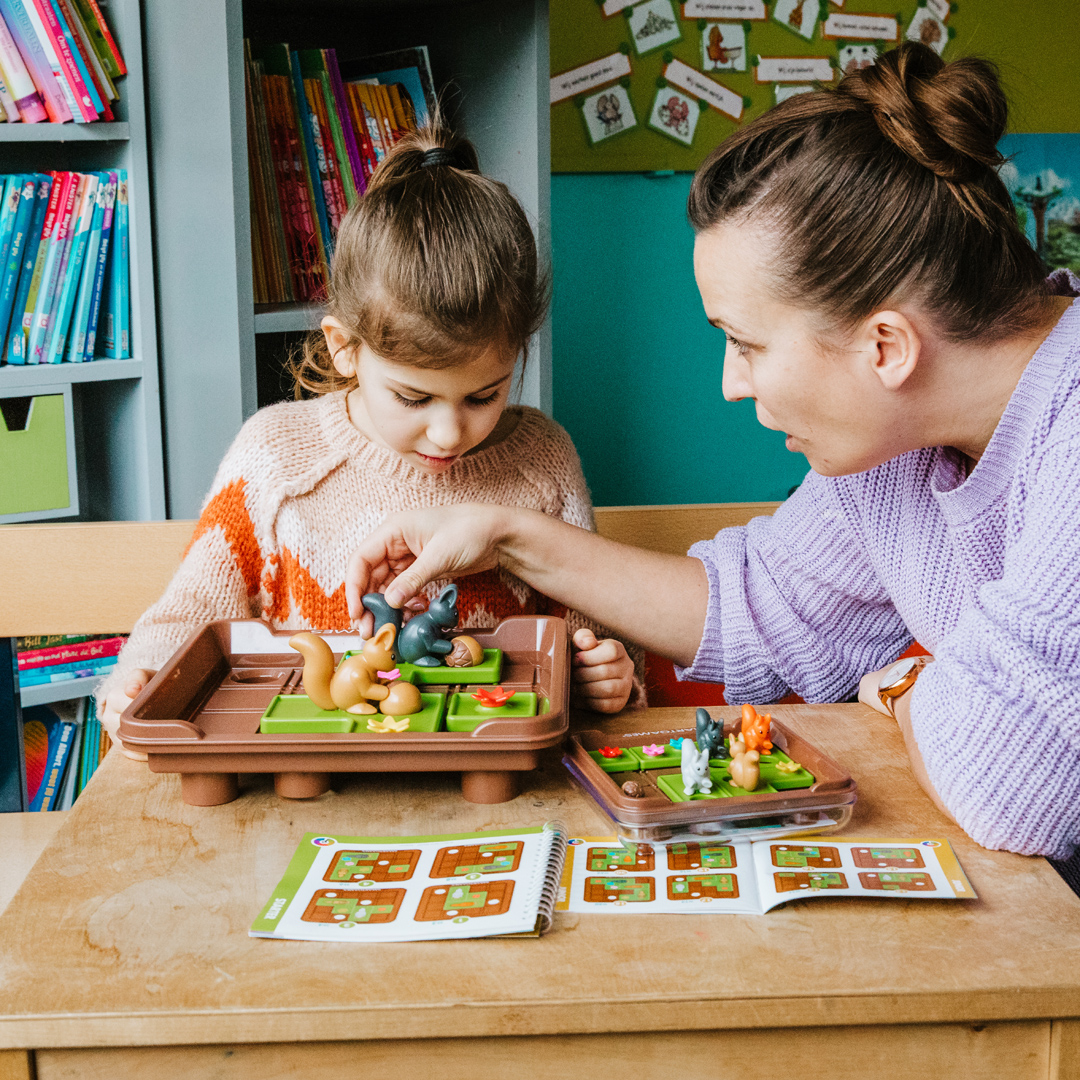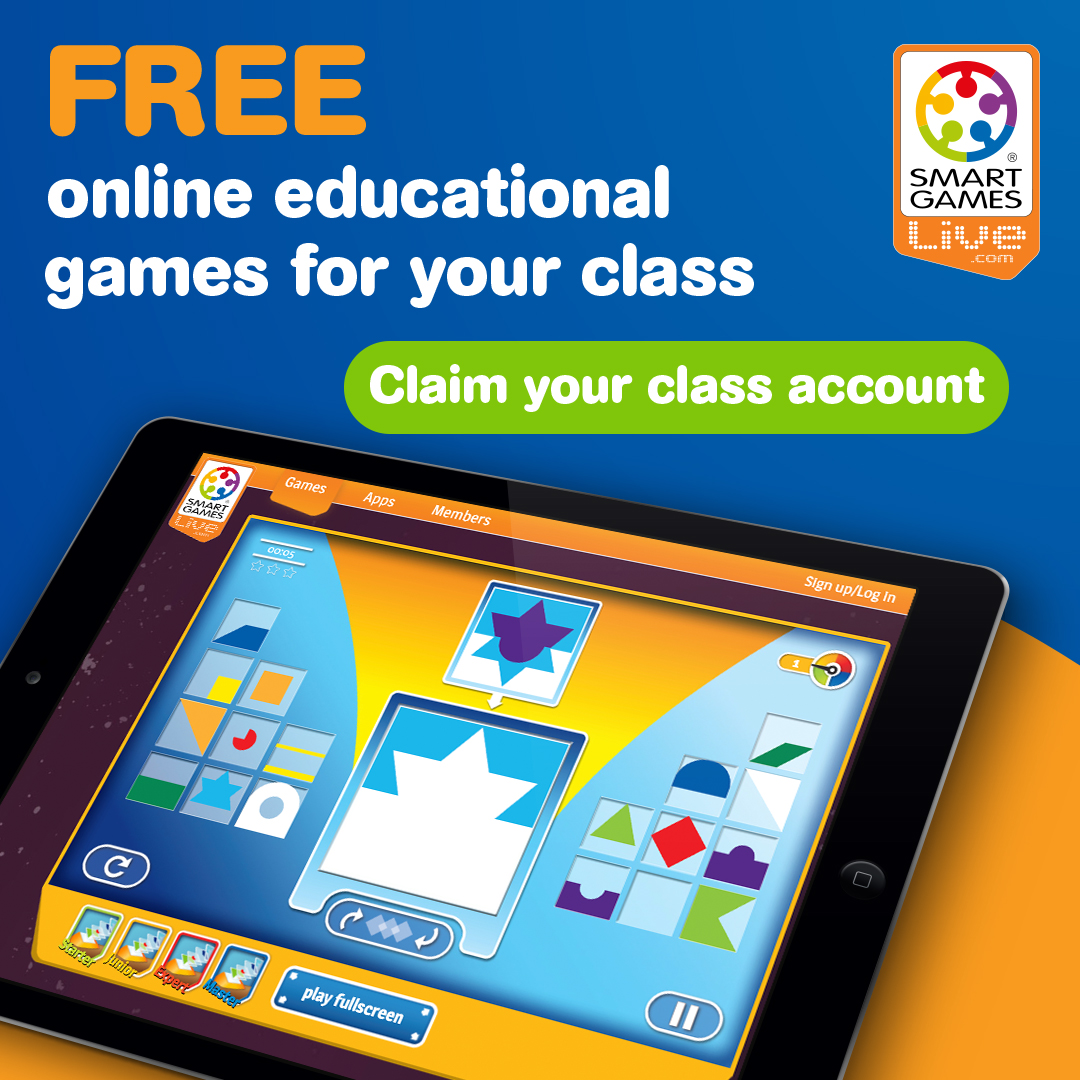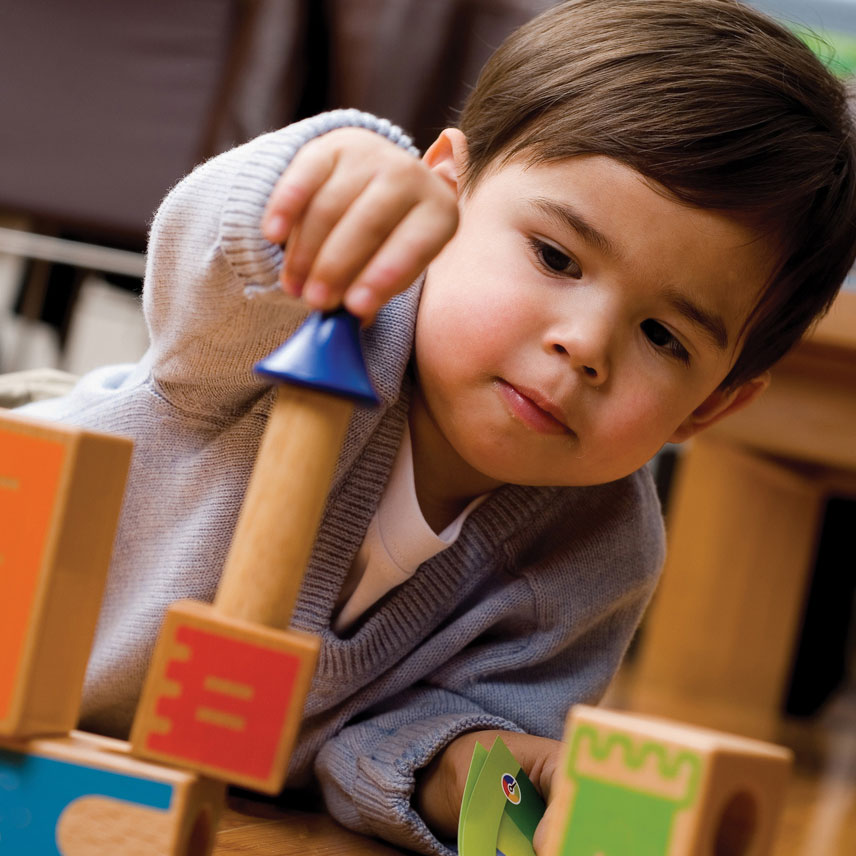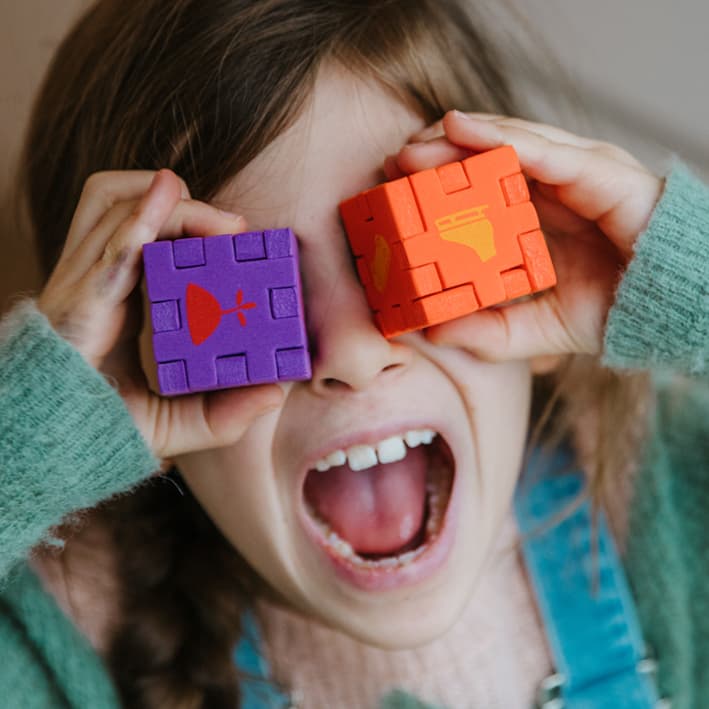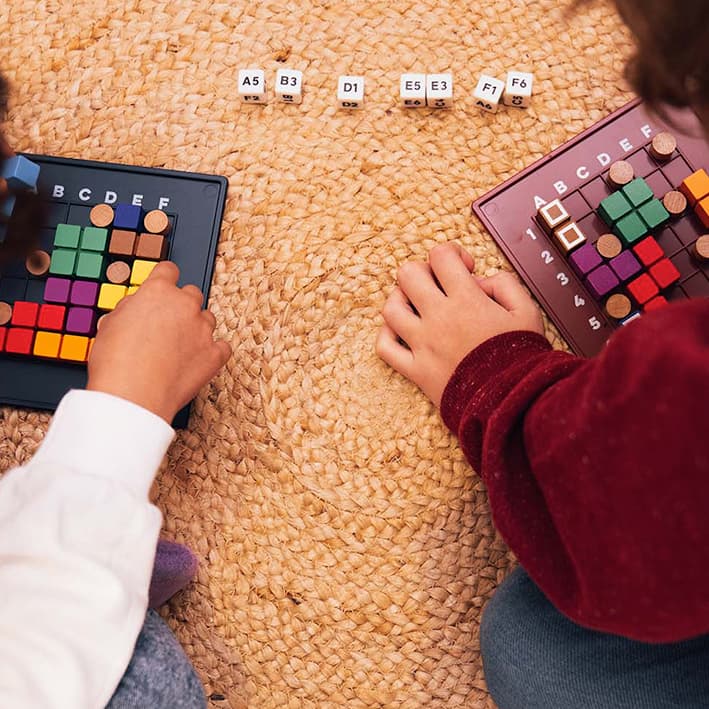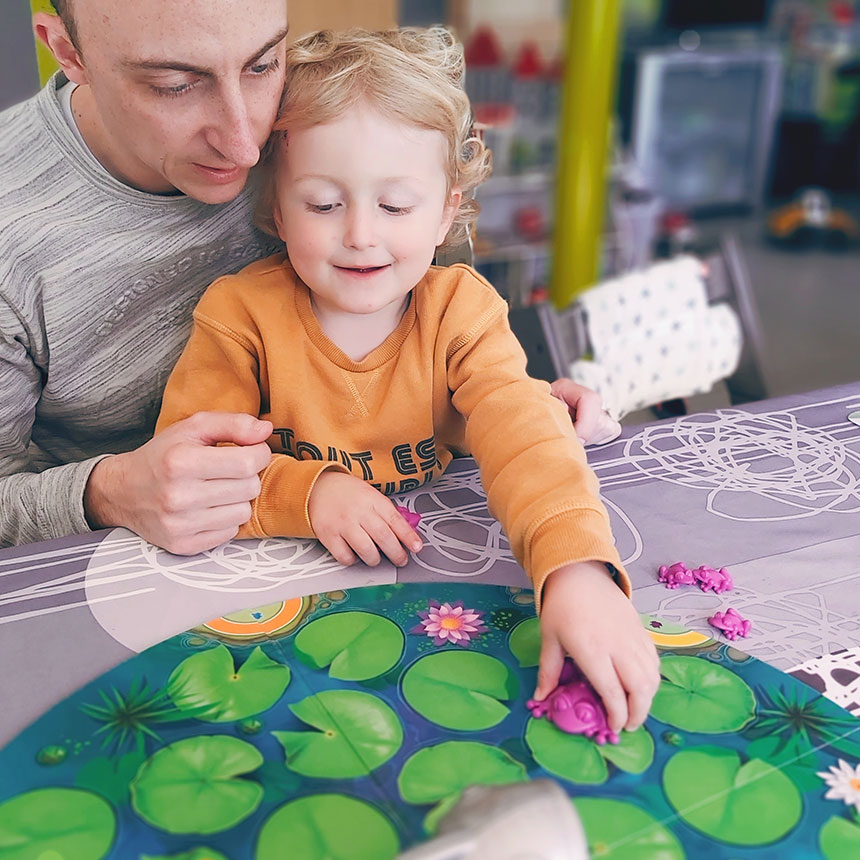Board Games: Learning for Students Made Fun and Interactive!

In recent years, the use of educational board games as a tool for learning has increased tremendously, and for good reason. Board games are a fun and interactive way for students to engage with educational material and actively participate in the learning process. In this blog, we will explore how educational board games can help students learn.
One of the main advantages of educational board games is that they promote active learning. Rather than passively receiving information, students must actively engage with the material in order to play the game effectively. This can lead to greater retention and understanding of the material. A study published in the Journal of Educational Psychology found that “playing board games produced higher quality learning outcomes than did direct instruction” (Siegel, 2005). In addition, board games can help students develop problem-solving skills, strategy building, and critical thinking capabilities.
Furthermore, board games can be used to teach a wide range of subjects, from math and science to history and language arts. For example, the game “Dress Code” is an educational game for preschoolers that teaches kids about dressing for the weather and layering structures. The possibilities are endless when it comes to using board games as a tool for learning.
Educational board games also provide an opportunity for students to practice social skills and collaboration. Many educational games are designed to be played with multiple players, which allows for social interaction and teamwork. Effective collaboration and communication are essential skills that students need for success in both academic and personal settings.
In conclusion, educational board games are an excellent tool for promoting active learning, developing crucial skills, and engaging students in a fun and interactive way. By incorporating educational games into the classroom, educators can provide students with a well-rounded and engaging learning experience.
More information and sources:
Siegel, D. (2005). Learning outcomes of playing board games. Journal of Educational Psychology, 97(4), 469-476. doi:10.1037/0022-0663.97.4.469





